Popular Airbnb Scams and What to Watch Out For
Uncover the most common Airbnb scams, learn how to protect yourself as a host or guest, and recognize red flags before you book your next rental.
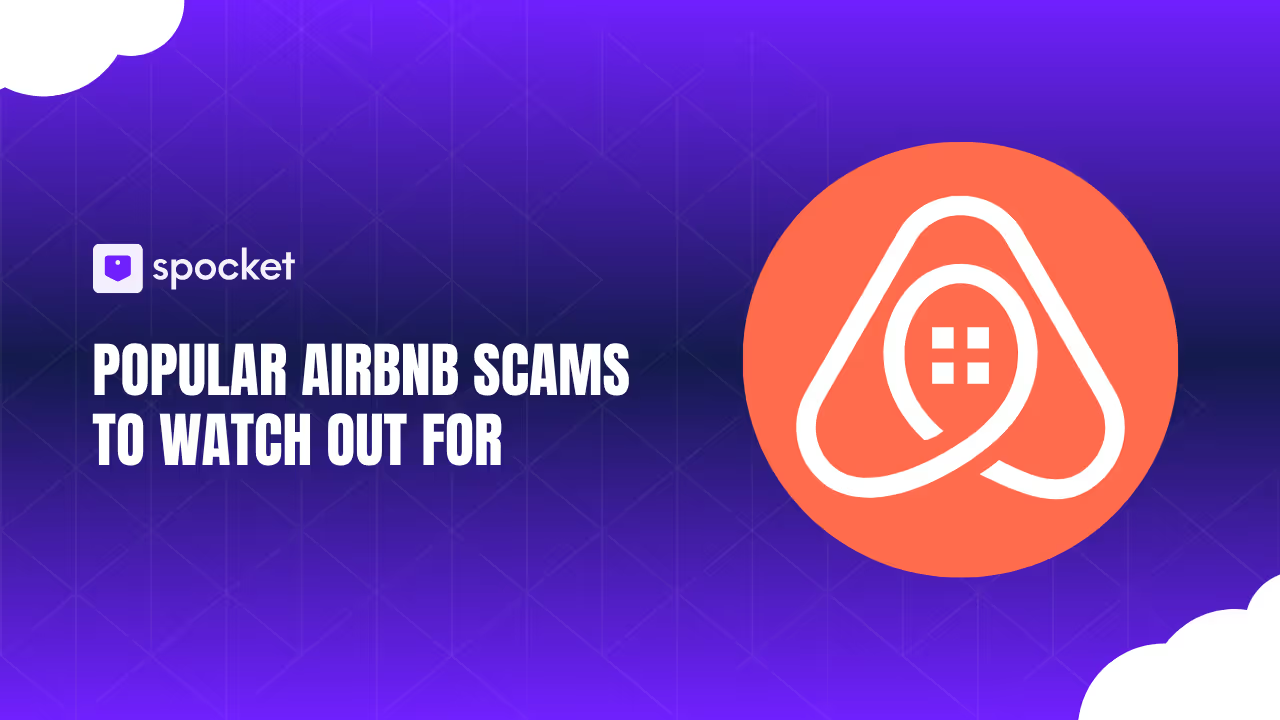

Airbnb has changed the way people find short-term and vacation rentals, connecting millions with unique places to stay worldwide. But the platform’s popularity also draws scammers, making it important for both hosts and guests to recognize the warning signs. From fake listings to payment fraud, Airbnb scams can turn a dream trip into a nightmare.
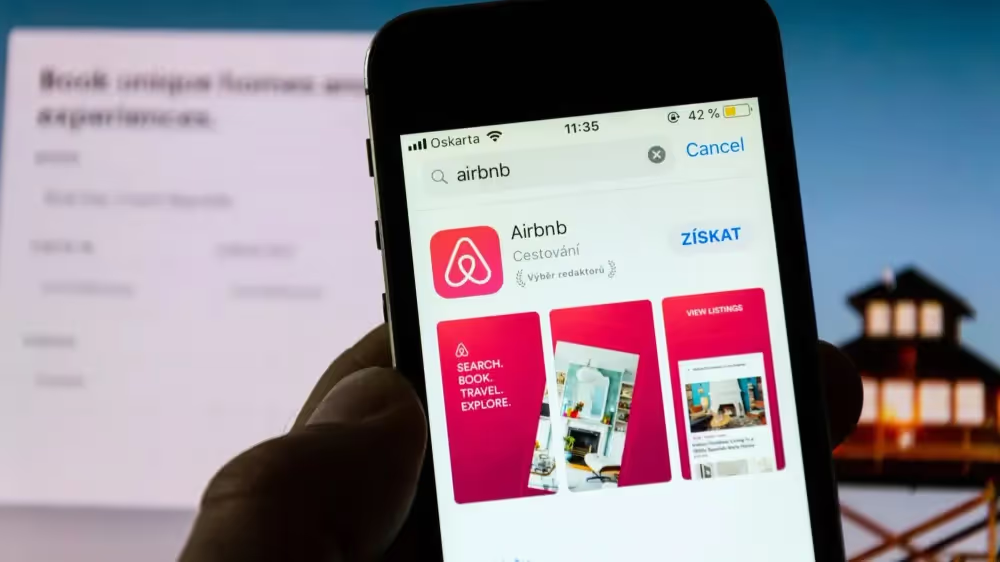
This comprehensive guide details the latest tricks used by fraudsters, the most frequent pitfalls reported by real users, and the smartest steps to keep your next booking safe. Staying informed is the best defense when navigating online rentals.
How Do Airbnb Scams Work?
The rise of Airbnb, valued at over $82.24 billion in 2025, has redefined travel and lodging. By providing an online marketplace for hosts and guests to connect without the formalities of traditional rentals or hotels, it has also exposed millions to new risks. Scammers have taken advantage of the platform’s scale, the relative anonymity of online bookings, and people’s trust in peer reviews and polished property photos.
Airbnb’s systems are designed for convenience, not always for security. Scammers rely on guests rushing to book the perfect getaway or hosts eager to fill empty dates. The COVID-19 pandemic and rising housing costs have fueled desperation, making users less likely to spot warning signs. With quick bookings and communication often limited to messaging, fraudsters can strike before anyone realizes something is wrong. Many victims don’t report incidents—especially if stranded or forced to find last-minute alternatives—allowing scams to flourish.
Most Common Airbnb Scams to Watch Out For in 2025
Here is a list of the most common Airbnb scams to watch out for:
Fake Listings and Doctored Photos
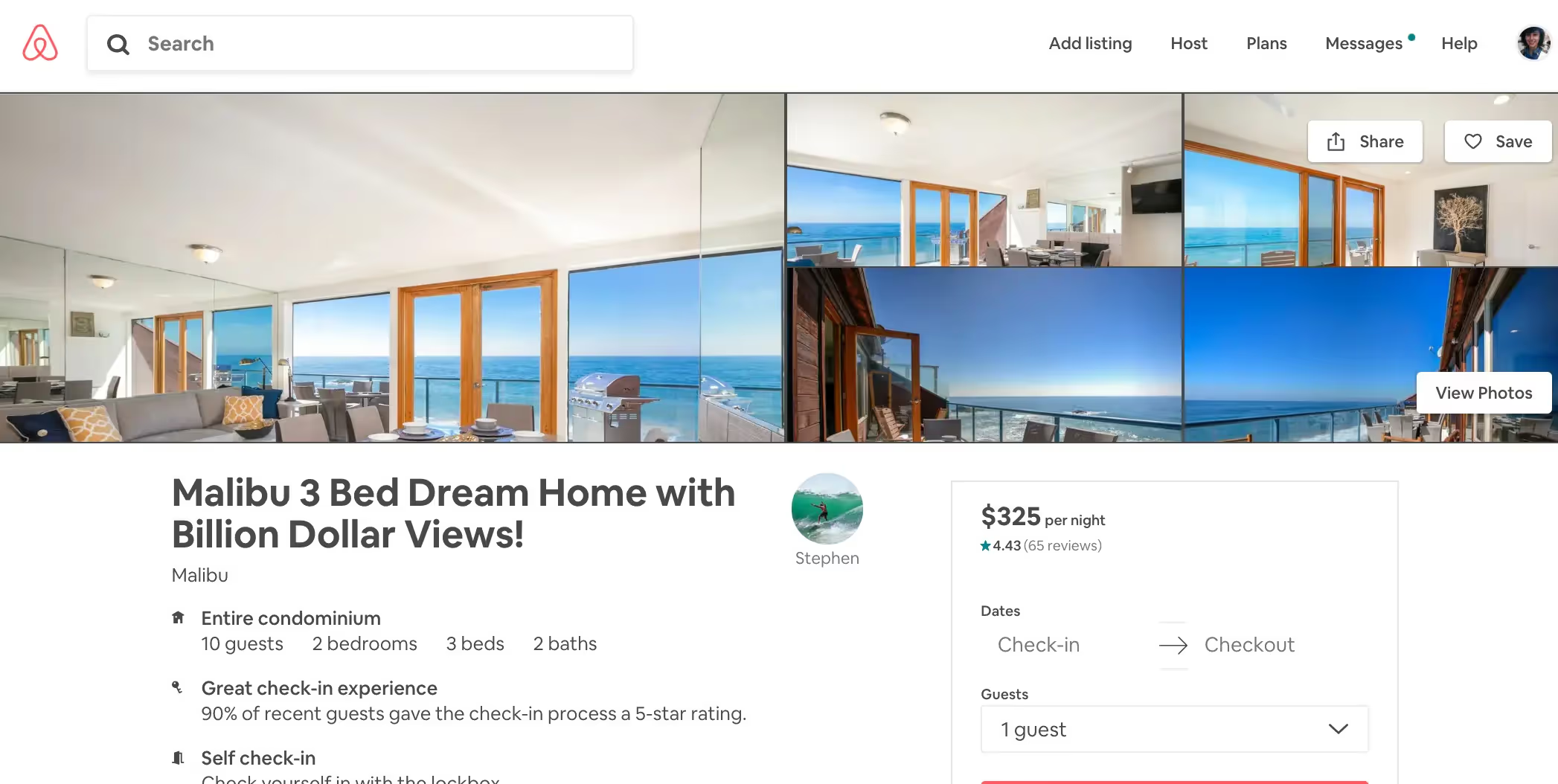
One of the most widespread Airbnb scams involves fake listings—properties that either don’t exist or aren’t owned by the supposed host. Scammers steal photos and descriptions from real rentals, post them at attractive prices, and pressure guests to pay quickly. Sometimes, the address leads to a business or vacant lot.
Edited or photoshopped images are another tactic, making a low-quality or unfinished property appear luxurious. Some hosts change lighting, add scenic backgrounds, or enhance amenities digitally to mislead renters. Guests often arrive to find a property that looks nothing like the images online.
Phishing, Account Hijacking, and Identity Theft
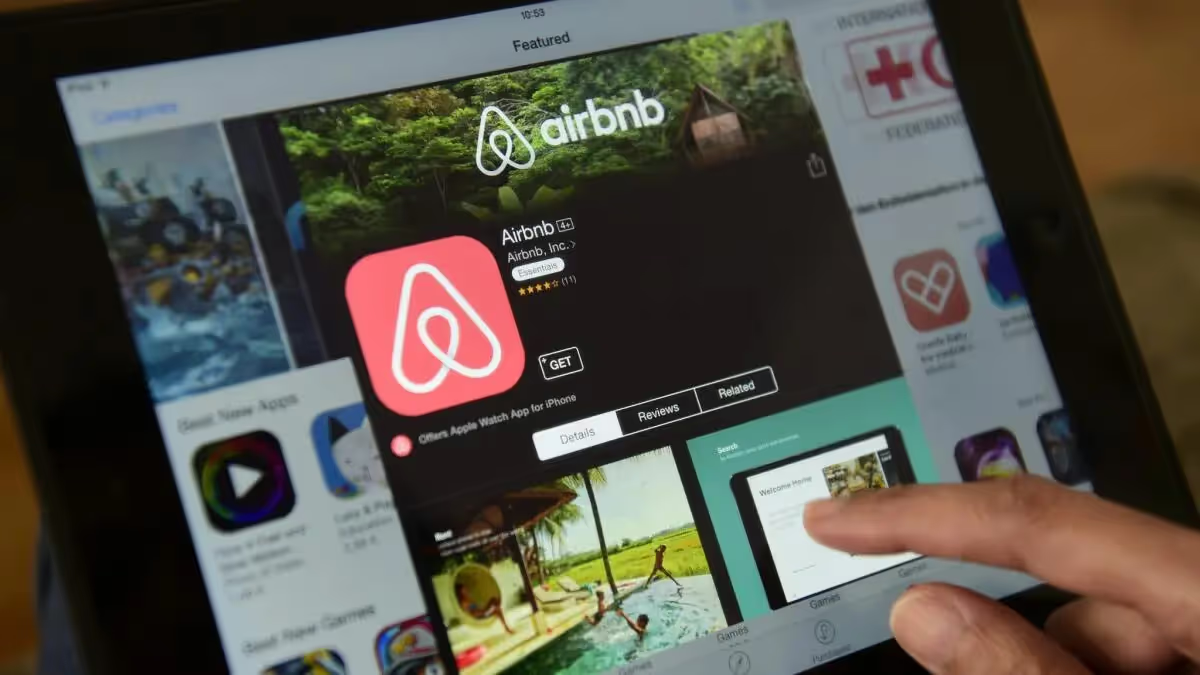
Phishing scams often arrive by email or text, mimicking Airbnb’s branding and style. Victims are asked to confirm personal details, upload identification, or reset their passwords on a fake site. Once scammers have access, they can hijack accounts, steal funds, or use the information for identity theft.
Account takeovers allow scammers to make fraudulent bookings, write fake reviews, or withdraw money from hosts. Hosts and guests alike have reported losing access to their profiles, with customer support sometimes slow to react.
Overpayment, Refund, and Payment Redirection Scams
Overpayment scams typically target hosts. A scammer books a property with a stolen or fraudulent credit card, then asks for a partial refund via wire transfer or another untraceable method, claiming they made a mistake or want to cancel part of the booking. Once the payment processor flags the card as stolen, the host is left responsible for the lost funds.
Other payment tricks include requesting money outside the Airbnb platform—by wire transfer, third-party apps, or even cryptocurrency. Such transactions are outside Airbnb’s protection, making it almost impossible to recover losses.
Multiple or Duplicate Listings
Some scammers create multiple listings for the same property, each with different details or photos. This tactic confuses guests and increases the chances of double-booking. Unsuspecting travelers might arrive to find someone else already staying at the property, or worse, no property at all.
Hosts sometimes use this method to “test the waters,” accepting the highest offer and canceling others. Airbnb attempts to limit cancellations, but experienced scammers often exploit loopholes by citing maintenance issues or emergencies. This is how they make money off of Airbnb even without having a property sometimes.
Bait-and-Switch Tactics
A bait-and-switch scam starts with an appealing listing at a competitive price. After booking and payment, the host claims the property is unavailable—citing double-booking, repairs, or emergencies—and offers an alternate property, usually of lower quality or higher price. With travel plans already in place, guests feel pressured to accept the substitute.
Often, hosts refuse to cancel the booking, forcing guests to either accept the poor alternative or pay cancellation fees if they decline. This scam also occurs in person, especially with international travelers who have limited options after arrival.
False Damage Claims and Extra Charges
After a stay, some hosts accuse guests of causing damage and demand reimbursement. Sometimes, these claims are legitimate, but in many cases, hosts take advantage of guests unfamiliar with Airbnb’s reporting rules. Fees can include extra cleaning, late check-in, key replacement, or “noise compensation”—even for things not covered in the listing.
There are also reports of hosts charging for basic amenities, such as utensils, towels, or even Wi-Fi. Guests have found themselves facing charges for using the kitchen or being accused of losing keys when they followed all the instructions.
Hidden Cameras and Privacy Risks

Airbnb allows hosts to place security cameras in public or disclosed areas, but hidden cameras in bedrooms or bathrooms violate both company rules and privacy laws. Some guests have discovered concealed cameras after check-in, often hidden in smoke detectors, alarm clocks, or other electronics.
While most hosts follow the rules, privacy violations can be distressing and illegal. Hidden cameras are difficult to detect without careful inspection, and reports of such incidents continue to surface.
Requests for Off-Platform Payments
Any request to pay outside Airbnb’s platform—whether by wire, cash, check, or third-party apps—should be treated with suspicion. Fraudsters may offer a discount or extra perk to entice guests, but these payments leave renters unprotected. Without an official transaction record, Airbnb cannot mediate disputes or provide refunds.
Manipulation of Reviews and Ratings
-min.avif)
Some hosts go to great lengths to boost their ratings. This can include pressuring guests for five-star reviews, using fake profiles to leave positive feedback, or even retaliating against those who leave honest comments. Inflated ratings make it difficult for future guests to judge a property’s real quality or safety.
Unauthorized Guests and Parties
Guests commit to a set number of people during booking, but some sneak in extra occupants for parties or events. These unauthorized gatherings can result in property damage, noise complaints, or even legal trouble for the host. Sometimes, guests bypass house rules entirely, leaving the host to deal with the aftermath.
Fake Profiles and Review Manipulation
Just as hosts can create fake listings, guests sometimes use phony profiles to book properties. They may fabricate reviews, supply false identification, or fail to provide legitimate contact information. Fake guests can disappear without paying, leave poor reviews out of spite, or cause trouble for honest hosts.
Chargebacks and Payment Fraud
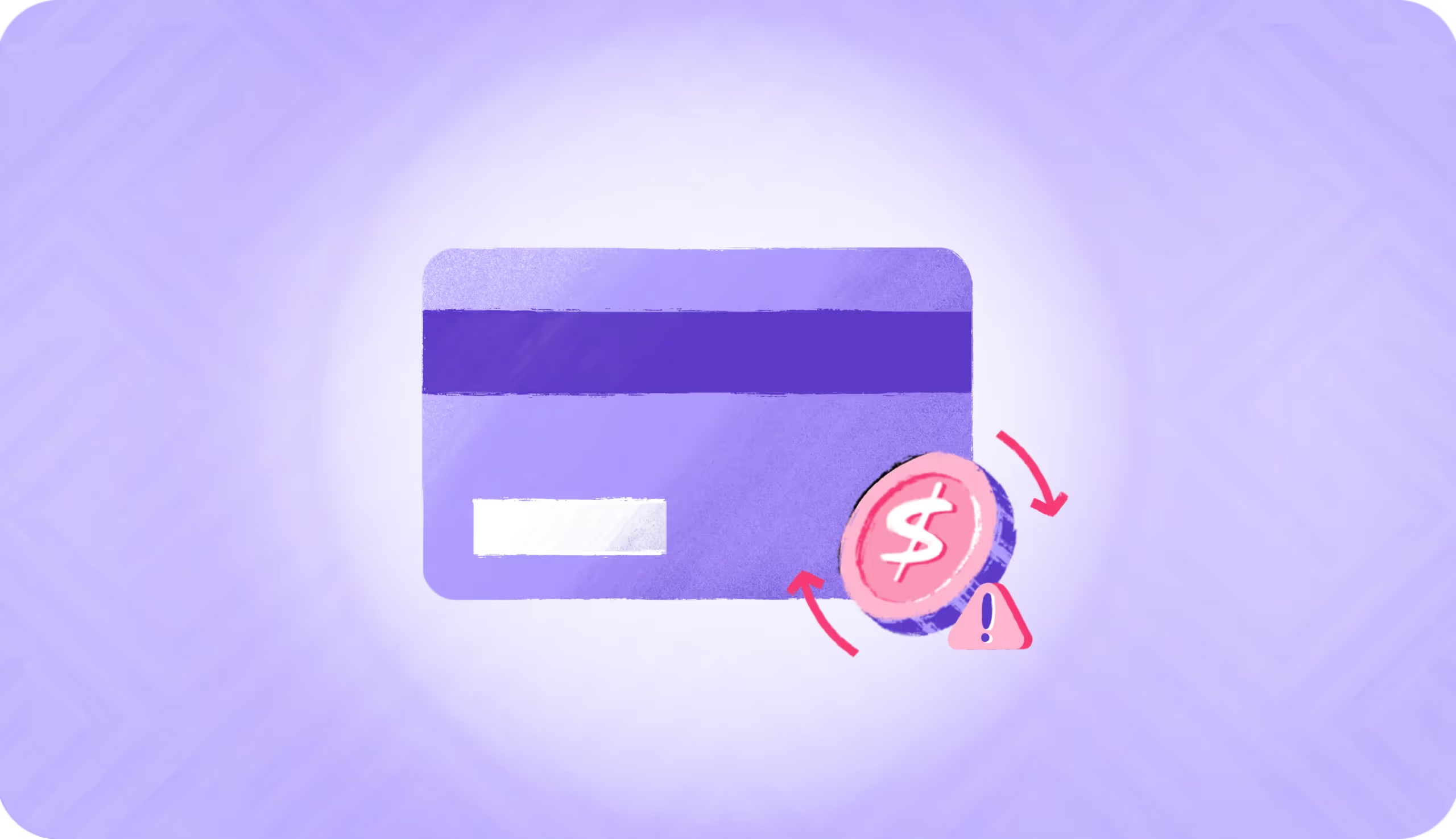
Some guests exploit loopholes in payment systems by requesting chargebacks after their stay, claiming non-delivery of services or other false complaints. This forces hosts to lose both the rental income and, in some cases, pay additional fees to the payment processor. Others use stolen credit cards for bookings, leaving hosts at risk.
Damage and Theft by Guests
A rare but damaging scam is outright theft or intentional damage by guests. These incidents range from stealing electronics and appliances to vandalizing furniture or art. Some guests even resell stolen goods or cause structural damage, leaving the host with significant repair bills and lengthy insurance claims.
Requests to Communicate Off-Platform
When a guest insists on messaging outside Airbnb—such as via WhatsApp, text, or email—it’s often a ploy to arrange off-platform deals or avoid detection. This breaks Airbnb’s terms and removes important security protections for both parties. Scammers may attempt to manipulate or threaten hosts once communication moves off-site.
Red Flags and Warning Signs for Hosts and Guests
Here are some warning signs to watch:
Spotting Suspicious Listings
- Vague or overly generic descriptions
- Stock photos, low-resolution images, or photos found elsewhere online
- Prices significantly lower than similar listings in the area
- Listings with few or no reviews, or many reviews posted within a short time
Profile Red Flags
- Incomplete host or guest profiles, missing photos, or suspicious usernames
- Lack of verified identification
- No previous rental history or reviews
- Unusual activity, such as very recent profile creation before booking
Payment and Communication Anomalies
- Requests to pay outside the platform
- Hosts or guests asking to switch communication to another app or email
- Pressure to act quickly, such as urgent booking requests or limited-time offers
Unusual Policies or Demands
- Demands for personal details or extra identification
- Hosts or guests who avoid answering questions or give evasive responses
- Unexplained fees or charges not listed in the booking details
Why Are Airbnb Scams Growing?
The explosion of short-term rentals and the convenience of online booking have made Airbnb a magnet for scam artists. As travel and housing costs climb, both hosts and guests are willing to cut corners to save money or fill vacancies. Pandemic-related restrictions also allowed scammers to blame remote management, no in-person meetings, or last-minute changes on safety protocols, further lowering the barrier for fraud.
Additionally, Airbnb’s verification process, while improved, still leaves gaps. The ease of creating new profiles and listings makes it challenging for the platform to weed out repeat offenders. Guests and hosts who fall victim to scams often stay silent, either due to embarrassment or urgency, giving fraudsters more opportunity to strike.
The popularity of short-term rentals outpaces the company’s ability to monitor every transaction. With millions of listings and bookings each year, Airbnb struggles to proactively spot scams, leaving much of the responsibility with users.
How to Protect Yourself from Airbnb Scams?
Here is how to stay protected:
Booking Safely as a Guest
- Always book and pay through Airbnb’s official website or app
- Read reviews carefully, looking for detailed feedback and photos from past guests
- Reverse image search photos to check for duplicates or stock images
- Ask questions about amenities, location, and house rules before booking
- Never send personal information or identification off-platform
Staying Safe as a Host
- Require verified identification and complete guest profiles
- Communicate only through Airbnb’s messaging system
- Set clear house rules and use security devices (such as smart locks or video doorbells)
- Take photos of your property before and after each stay to document its condition
- Report suspicious activity to Airbnb support immediately
What to Do If You’ve Been Scammed
- Gather all correspondence, photos, and transaction records
- Contact Airbnb support right away through the app or website
- Provide clear evidence, including screenshots and communication logs
- Avoid negotiating with scammers outside the platform
- If the scam involved identity theft or fraud, file a police report and notify your bank
- Try Airbnb alternatives and don’t book at Airbnb next time
What Airbnb Is Doing?
Airbnb has introduced new policies, such as verified IDs, guest guarantees, and improved customer support channels. The company promises full refunds or rebooking in cases where listings are inaccurate or fraudulent. Despite these efforts, challenges remain.
The sheer volume of listings and the ease of creating new accounts allow some scammers to slip through. Critics have highlighted slow response times, inconsistent refund policies, and insufficient security measures. Calls for more rigorous listing verification, stricter penalties for offenders, and better customer support continue.
Only continued improvements in technology, identity checks, and user education will reduce the risk of Airbnb scams. Until then, hosts and guests must stay vigilant, report suspicious activity, and share their experiences.
Conclusion
Airbnb scams are a reality that travelers and property owners must face in the digital age. From fake listings and overpayment tricks to account hacking and privacy risks, these scams can have serious consequences. Staying alert, asking the right questions, and always using the platform’s secure systems are the best ways to avoid falling victim. Airbnb continues to improve its security, but the responsibility also lies with users to recognize red flags and act quickly when something seems off. By understanding the most common scams and following safety guidelines, you can enjoy safe and memorable stays around the world.
Airbnb Scams FAQs
How can I tell if an Airbnb listing is a scam?
Check for vague descriptions, stock or low-quality photos, prices much lower than similar listings, and profiles with little or no review history. Always read reviews, reverse image search property photos, and communicate only through Airbnb’s messaging system to spot potential scams before booking.
What should I do if a host asks for payment outside Airbnb?
Never send money or pay a host through wire transfer, cash, or third-party apps. Payments made off the Airbnb platform are not protected, and you will not be able to recover lost funds if you fall victim to a scam. Always pay through Airbnb’s secure system.
Are hidden cameras allowed in Airbnb rentals?
Airbnb allows cameras in common areas only if they are disclosed in the listing. Hidden cameras in private spaces such as bedrooms or bathrooms are strictly prohibited. If you suspect an undisclosed camera, contact Airbnb support immediately and document your concerns.
What steps can hosts take to prevent Airbnb scams by guests?
Hosts should require complete guest profiles, verify identification, communicate through the Airbnb app, and document their property’s condition before and after each stay. Setting clear rules and monitoring guest activity, such as using smart locks or security devices, can reduce the risk of scams or damage.
Launch your dropshipping business now!
Start free trialRelated blogs

What is the Cost of Living in Montana in 2026?
Learn the real cost of living in Montana for 2026, including housing, groceries, and taxes. This guide covers what you need to earn and where to live affordably in Big Sky Country.

Gemini vs ChatGPT: Which AI Assistant Should You Use?
Compare Gemini vs ChatGPT for writing, coding, research, and ecommerce. See features, pricing, strengths, and quick pick rules to choose the best AI assistant for your workflow.

Best 10-Minute Delivery Apps India
Here is a list of the best 10-minute delivery apps India offers in 2026. From Swiggy, Zepto, Blinkit, and more! Check them out now!

































